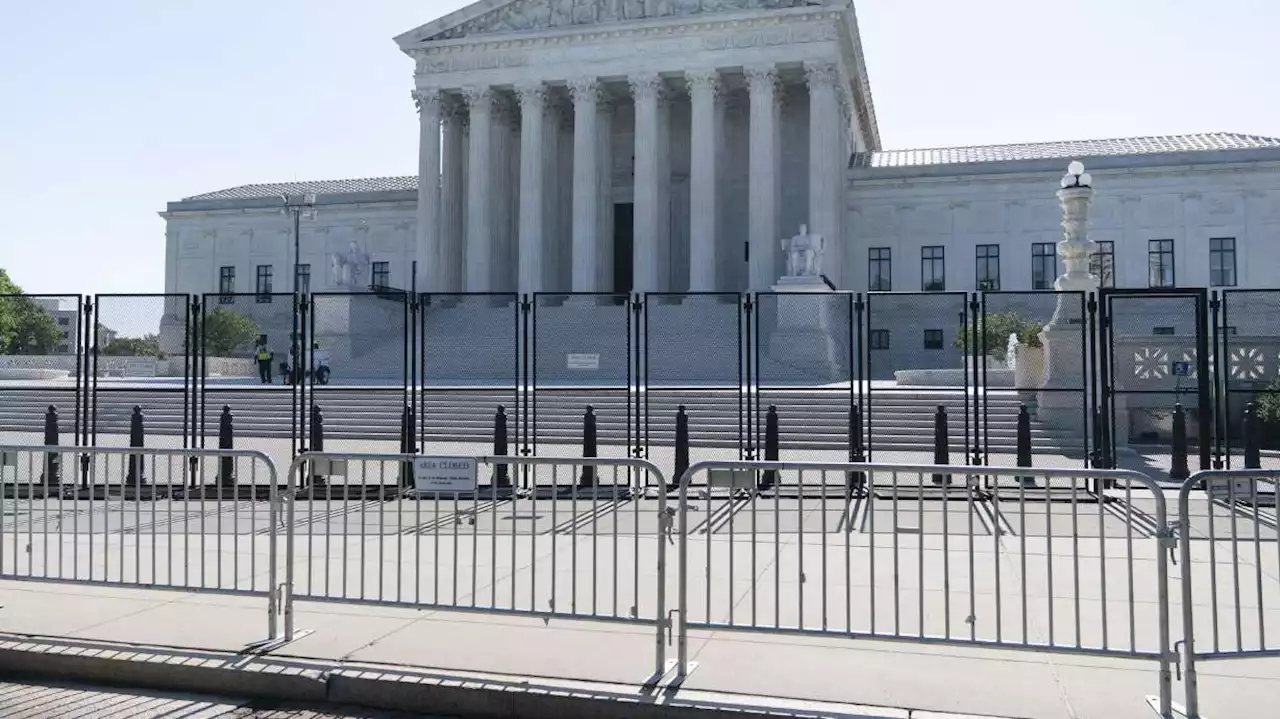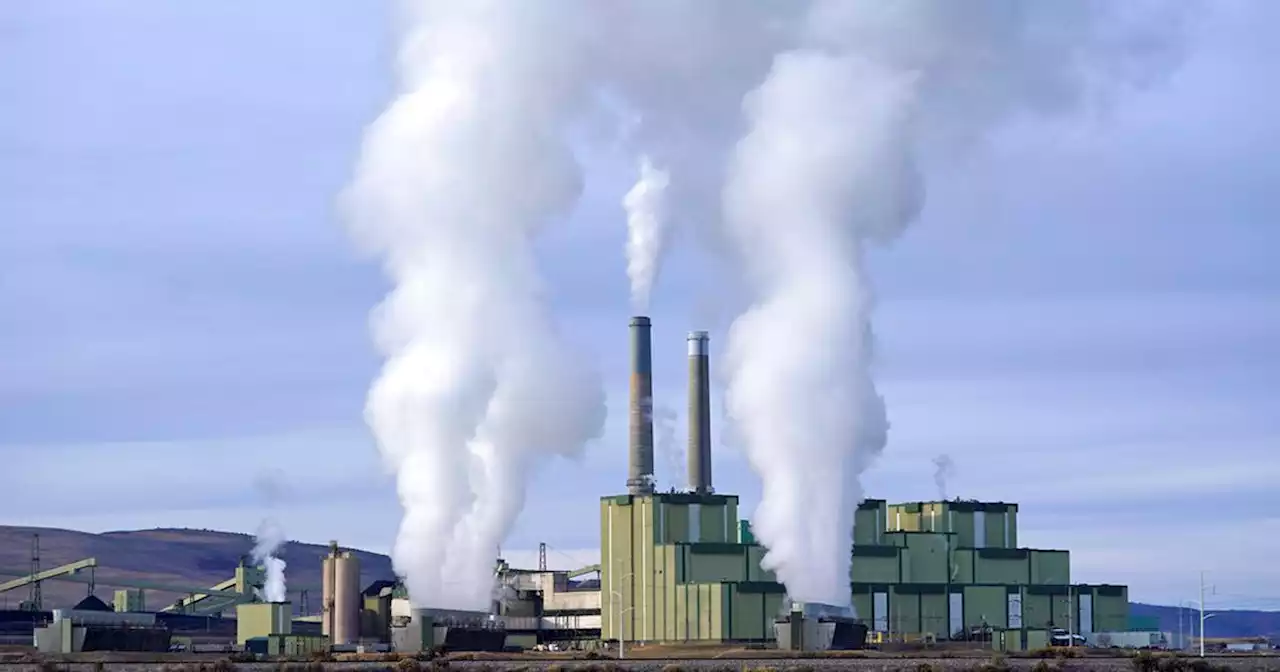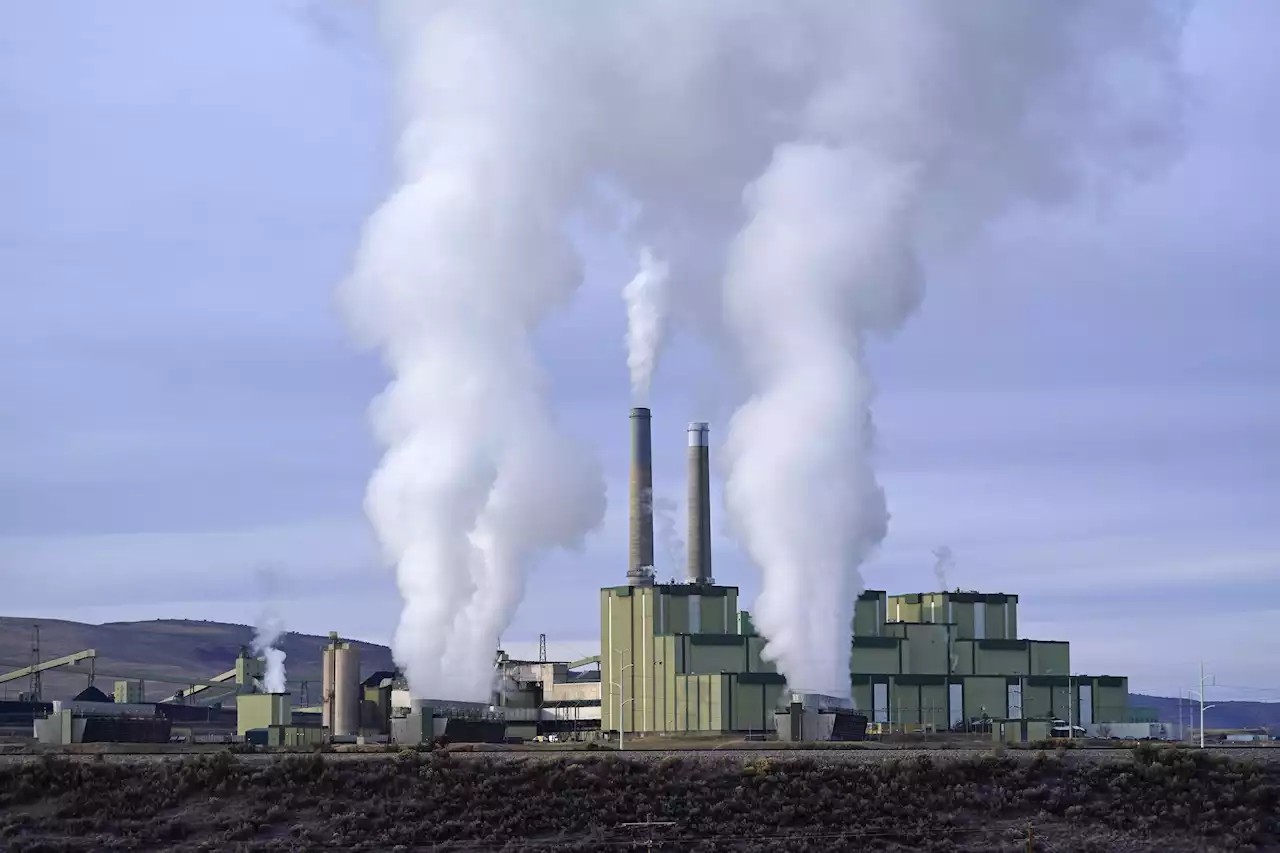Months after the United Nations issued another in a series of alarming reports on climate change, the Supreme Court’s decision prevents the Environmental Protection Agency from enforcing climate-friendly industry-wide changes.
President Joe Biden’s plan to address climate change hit a major hurdle as the Supreme Court on Thursday ruled to restrict federal reach in controlling emissions at power plants and beyond.
Global warnings The SCOTUS ruling comes just months after the United Nations issued another in a series of alarming reports on climate change, the latest suggesting that the most vulnerable nations are already behind in adapting to environmental pressure and intensifying natural disasters. It is mounting distress, the U.N. says, that comes at the hands of burning fossil-fuels CL00, -3.77% for power, transportation and more in the most-developed parts of the globe, including the U.S.
The Supreme Court stayed that plan, preventing it from taking effect, in 2016. Trump’s replacement still sought efficiency improvements but excluded the switch to cleaner fuels. “As our nation depends on electricity to power more of the economy, policymakers must recognize the need for time, technology development and the importance of always-available energy sources to maintain reliability and affordability,” the National Rural Electric Cooperative Association said in a statement.
— National Rural Electric Cooperative Association At a National Press Club event previewing the SCOTUS EPA case earlier this year, West Virginia Attorney General Patrick Morrisey challenged Edison Electric Institute’s position that the case could undermine the EPA beyond the scope of the coal power case.
“The Biden administration focused on rules that limit power plant emissions of other pollutants. EPA’s expectation is that controls put in place for those other pollutants will also reduce a portion of a power plant’s carbon dioxide emissions. If EPA is right, that could significantly blunt the impact of today’s decision,” he said.
United States Latest News, United States Headlines
Similar News:You can also read news stories similar to this one that we have collected from other news sources.
 Supreme Court limits EPA in curbing power plant emissionsIn a blow to the fight against climate change, the Supreme Court has limited how the nation’s main anti-air pollution law can be used to reduce carbon dioxide emissions from power plants.
Supreme Court limits EPA in curbing power plant emissionsIn a blow to the fight against climate change, the Supreme Court has limited how the nation’s main anti-air pollution law can be used to reduce carbon dioxide emissions from power plants.
Read more »
 Supreme Court deals Biden climate agenda serious blow with EPA decisionThe Supreme Court ruled in the case of West Virginia v. EPA, a case that had potential major implications for the Biden administration's climate change agenda.
Supreme Court deals Biden climate agenda serious blow with EPA decisionThe Supreme Court ruled in the case of West Virginia v. EPA, a case that had potential major implications for the Biden administration's climate change agenda.
Read more »
 Supreme Court limits EPA in curbing power plant emissionsIn a blow to the fight against climate change, the Supreme Court has limited how the nation's main anti-air pollution law can be used to reduce carbon dioxide emissions from power plants.
Supreme Court limits EPA in curbing power plant emissionsIn a blow to the fight against climate change, the Supreme Court has limited how the nation's main anti-air pollution law can be used to reduce carbon dioxide emissions from power plants.
Read more »
 Supreme Court limits EPA in curbing power plant emissionsIn a blow to the fight against climate change, the Supreme Court has limited how the nation’s main anti-air pollution law can be used to reduce carbon dioxide emissions from power plants. By a 6-3 vote Thursday, with conservatives in the majority, the court said that the Clean Air Act does not give the Environmental Protection Agency broad authority to regulate greenhouse gas emissions from power plants that contribute to global warming. Instead, the EPA is limited to plant-by-plant regulation, the high court said. The court’s ruling could complicate the administration’s plans to combat climate change.
Supreme Court limits EPA in curbing power plant emissionsIn a blow to the fight against climate change, the Supreme Court has limited how the nation’s main anti-air pollution law can be used to reduce carbon dioxide emissions from power plants. By a 6-3 vote Thursday, with conservatives in the majority, the court said that the Clean Air Act does not give the Environmental Protection Agency broad authority to regulate greenhouse gas emissions from power plants that contribute to global warming. Instead, the EPA is limited to plant-by-plant regulation, the high court said. The court’s ruling could complicate the administration’s plans to combat climate change.
Read more »
 Supreme Court limits EPA power to curb greenhouse gas emissions from power plantsIn a blow to the fight against climate change, the Supreme Court on Thursday limited how the nation’s main anti-air pollution law can be used to reduce carbon dioxide emissions from power plants.
Supreme Court limits EPA power to curb greenhouse gas emissions from power plantsIn a blow to the fight against climate change, the Supreme Court on Thursday limited how the nation’s main anti-air pollution law can be used to reduce carbon dioxide emissions from power plants.
Read more »
 Supreme Court limits EPA in curbing power plant emissionsBy a 6-3 vote, with conservatives in the majority, the court said that the Clean Air Act does not give the Environmental Protection Agency broad authority to regulate greenhouse gas emissions from power plants that contribute to global warming.
Supreme Court limits EPA in curbing power plant emissionsBy a 6-3 vote, with conservatives in the majority, the court said that the Clean Air Act does not give the Environmental Protection Agency broad authority to regulate greenhouse gas emissions from power plants that contribute to global warming.
Read more »
